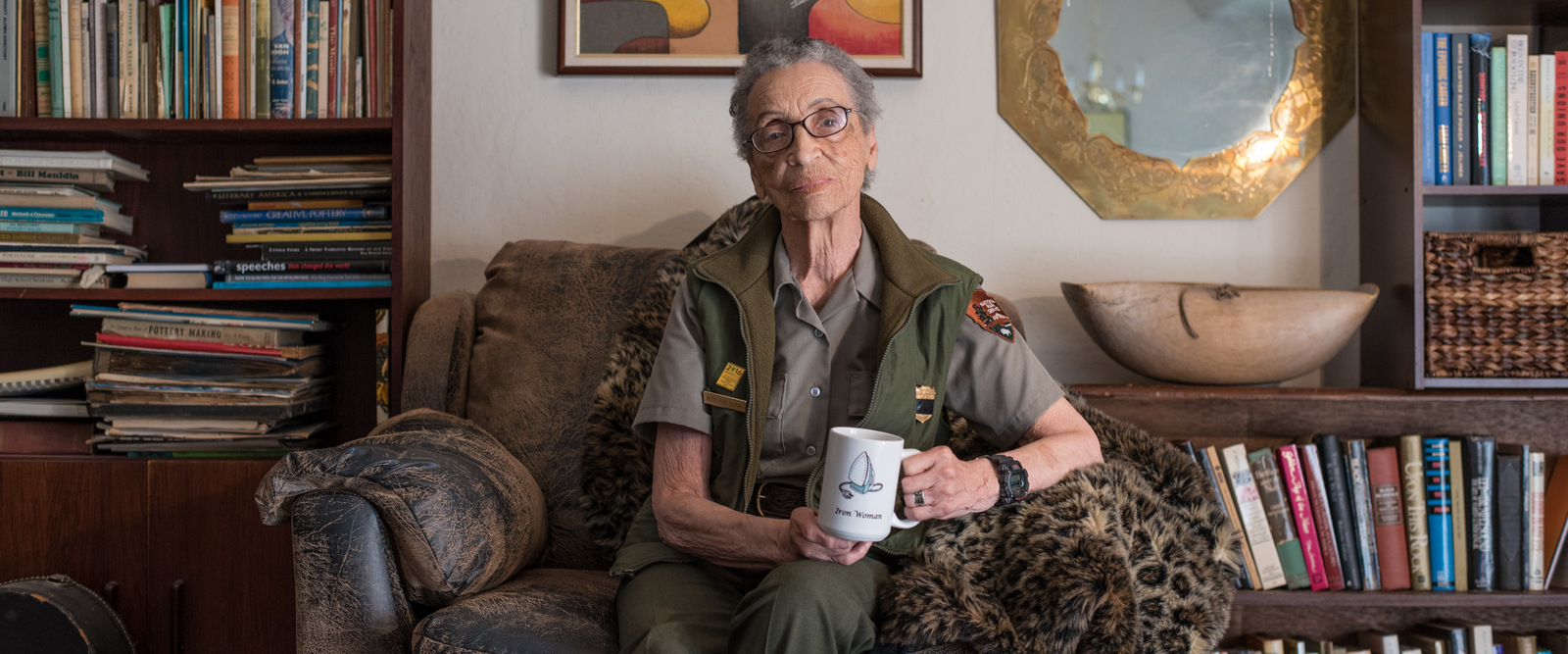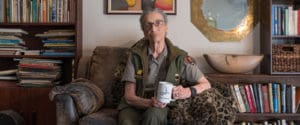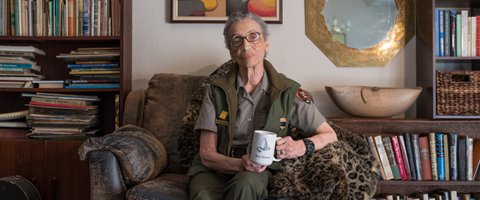
23 Mar Women’s History Month: Betty Reid Soskin on Women Past and Present

Interview, The CC Pulse | Photo by David Meza
EDITOR’S NOTE: In honor of Women’s History Month, The CC Pulse asked prominent local women to weigh in on the topics of role models, the #MeToo movement, feminism and gender equality.
We spoke with Gayle McLaughlin, former Richmond mayor and current candidate for Lt. Governor; Toody Maher, executive director and founder of Pogo Park; Kimberly Aceves, executive director of RYSE Center; Betty Reid-Soskin, author the new autobiography, Sign My Name to Freedom: A Memoir of a Pioneering Life; and Ada Recinos, Richmond City Councilmember
Betty Reid Soskin
RP: When you were a little girl, did you have a female role model? If so, what about her inspired you? How does she inspire you today?
Betty Reid Soskin: I’m not sure that I did, but I’m inclined to believe that it was my great grandmother, Leontine Breaux Allen. When I was a little girl, the elders in my family would tell stories about her, bringing her to life — strongly enough that she continues to be a strong influence to this day.
RP: We’re still learning the stories of so many great women of the past. Is there a historical woman that you recently learned about?
BS: I learned over the years about the great leader, Maggie Walker, of Richmond, Va., who was huge in the financial world and rose to great prominence in that city in the late 19th century. This was at a time, I believe, when black women were surely not expected to do so. I’d not known of her until I was introduced to that history when visiting the national park created in her honor. And of course, Eleanor Roosevelt was the role model for most progressive women of my time, and for me.
RP: How would you define a feminist?
BS: Feminism was late arriving in my life. Since I was a young woman, African American women were limited in their choices. I could have worked in agriculture or as a domestic servant. That was due to the fact that the men in my life were experiencing the same oppression I was, so the racial issues were masking those related to gender.
It wasn’t until the 90s that I was able to identify with feminism. When I was emerging into adulthood — not being in the mainstream workplaces — I would have been only effected by women as employers, therefore it was from females that my oppression was coming from.
I’m not certain how I would define a feminist, except maybe as a woman who has found her voice and raises it in her own behalf.
RP: How do you think the #MeToo movement and its subsequent revelations have shaped the current perception of women and their achievements?
BS: The #MeToo movement is still too new for me to have much of an opinion about it. I suppose I would identify with it in a general sense, and to the extent that all women suffer from the systemic sexual misconduct and male dominance that prevails throughout our culture. The beginnings of a pushback from the women of our times suggests that change is in the wind, and this movement may herald its onset.
RP: What can our local community do to support gender equality? What can people do as individuals?
BS: I would suppose that gender equality will not be overcome soon. Some change occurs immediately, some takes decades, and some are generational. I would suppose that gender equality will take generations of breaking down old customs, raising new generations of our boys to new standard, and purging the system of what cannot be fixed behaviorally.






No Comments